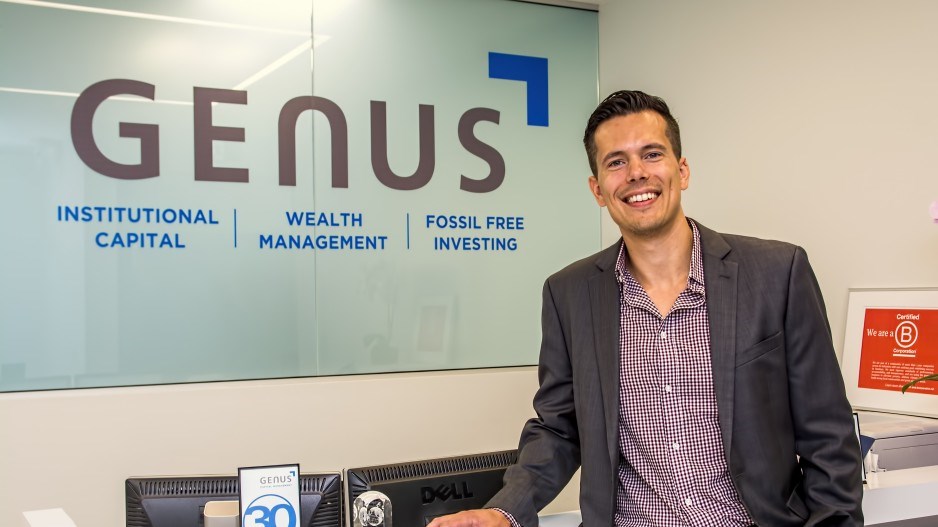Divesting from a sector considered bad for humanity – whether tobacco, oil or firearms – is only one side of the coin when it comes to responsible investing.
The other side is redirecting those investments into something beneficial.
Microsoft (Nasdaq:MSFT) founder Bill Gates recently said divesting from fossil fuels won’t do much to reduce greenhouse gas emissions. If investors really want to make a difference, he suggested, they should put their money into technologies and sectors that will have a positive impact.
In other words – impact investing.
While impact investing can do a world of good, if it results in new clean energy technology or improved human health, it can be risky. That’s why non-specialized investors will want a fund manager who is experienced with socially responsible and conventional investing and who knows how to balance risks and profits.
After all, your money won’t do much good if it’s gone.
“The risks of misallocations if impact investors do not anchor themselves to market returns are serious,” Wendy Abt, founder of WPA, Inc., writes in the Stanford Social Innovation Review.
“Without a fiduciary-like focus on achieving market returns for their clients, fee-charging intermediaries – advisers, investment bankers, gatekeepers, and asset managers – effectively receive a license to underperform and rationales for doing so.”
There is a popular perception that impact investing necessarily means having to accept lower returns on investments in exchange for a clear conscience.
“That’s what everyone thinks, but it isn’t the case,” said Mike Thiessen, partner and director of sustainable investment for Genus Capital Management, a private wealth management firm. “This is a question that we have to answer with every single client.”
Genus has analyzed how its Fossil Free CanGlobe Equity Fund performed against other indexes and found it has not sacrificed returns for going fossil fuel free.
“We’ve only been able to do the study back about seven years, but in that seven-year period the sustainable portfolios have been able to outperform the index,” Thiessen said.
Socially responsible investing is no longer some small fringe sector for the wealthy woke crowd. It has gone mainstream.
According to the 2018 biennial Report on US Sustainable, Responsible and Impact Investing Trends, ethically driven investing now accounts for $12 trillion of the $46.6 trillion in total assets under professional management in the U.S. – a 38% increase since 2016.
Genus has seen similar growth. Of the $1.5 billion it has under management, one-third – $500 million – is in the area of fossil-fuel-free, socially responsible and impact investments, up from just $75 million six years ago.
“It’s the fastest-growing part of our business,” Thiessen said.
Wal van Lierop, a clean-tech venture capitalist who has invested in everything from fusion energy to carbon capture companies, welcomes the trend toward socially responsible and impact investing.
But he warns that investors who are serious about putting their money into good causes need to scrutinize their portfolios to ensure there isn’t a bit of greenwashing going on, especially with the big banks.
Broadly speaking, Thiessen said, “responsible” investing simply cuts out the “bad stuff” like fossil fuels, tobacco and firearms. A responsible investment portfolio might still include big banks that finance fossil fuel companies or insurance companies that insure pipelines.
The next level up is environmental, social and governance investing, which is more proscriptive.
“This is where you’re actually writing it into your investment policy statement that we’re not going to be investing in certain industries,” Thiessen said.
Impact investing takes socially responsible investing one step further by not only cutting out the “bad” stuff but also actively investing in “good stuff.” That typically includes sectors like renewable energy, health care and certain agrifoods.
“Impact investing is less cutting things out, but more putting companies in that you really want to support,” Thiessen said.
See companion piece on fossil fuel divestment.




